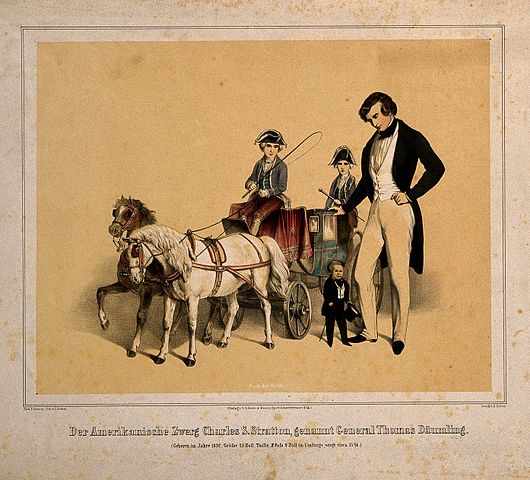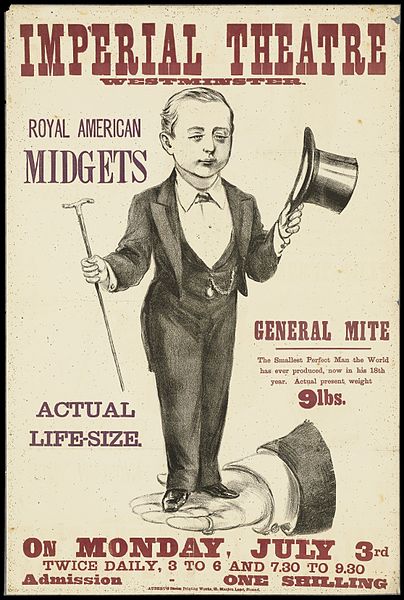
More advice on how to write an abstract.
Anyone faced with the challenge of writing an abstract in English for a thesis or scholarly article must plan a strategy to have the best results. Here are some tips to keep in mind to have a good experience writing an abstract.
- Keep it as concise as possible. Recommended length for abstracts is from 300 to 350 words. This may seem difficult because lots of work goes into an academic thesis or article. Remember: the purpose of an abstract is to attract the attention of readers who are busy ajarns and students. They do not have time to read lots of words. They want to know in as few words as possible what the thesis or article is about. A short abstract containing all the essential information shows much more respect for the reader than a long abstract containing all sorts of material that is not absolutely essential. Avoid the Thai English writing approach that seems to suggest that more and longer words make a more serious and dignified impression. Some of the greatest thinkers, including Albert Einstein, have presented new findings very concisely and they are the best models to follow. There is an English expression that applies here: keep it short and sweet. Try not to put anything in the abstract that the reader already knows before reading this new research. Also avoid vague statements that may be true but do not directly pertain to the new research. Make every word count. It is always more difficult to write a short and information-filled text that does not waste words, because the writer must choose what to include and exclude. Writing in a less careful way takes much less time and effort. Readers appreciate the extra effort, because they know that each sentence that they read will contain important and pertinent information and no extraneous or disposable material. Cut out whatever is not absolutely essential to the particular research project being described.
- Keep it new. What is new and original about the work described in the abstract? What does the thesis or academic article add that was not known before? This is very important to keep in mind. Some abstracts begin with generalizations that every reader would agree with but are in no way original or imaginative. They give the impression of writing that has nothing new to say. Examples of these beginnings of abstracts that waste words and add nothing substantial follow:
All businesses like to increase their profits.
Bangkok has a lot of automobile traffic.
Thailand is one of the ASEAN countries.
If it is possible to cut this type of general observation that is not new or original, it can improve the abstract. Apart from needing to make every word count and keeping the number of words as low as possible, there are other good reasons for leaving out whatever is not absolutely important.

- The fewer words there are in an abstract, the fewer mistakes in English there will be. The longer any text is, the more errors it will have. By keeping the abstract to the minimum word length, it will have fewer problems in English. So try to keep things concise and compact.
- Ask the advice of an ajarn or colleague if there is uncertainty about what to cut. If something seems interesting and it is not certain whether cutting it would be good for the abstract, ask an objective reader who has no emotional connection to the work. As we all know, by spending time on any research project, people can become emotionally attached to the work, and do not like to see any of it left out. Yet as researchers know, just because time is spent on something, does not mean it is worth preserving. Sometimes time is spent on something just to learn that it is not important after all. This is not wasted time, but an essential aspect of research in all fields.
- Google as much as possible. Google the names of ajarns to make sure they are spelled right. Chances are that Thai students may not be certain about the standard Romanizations of the names of their ajarns. By Googling the names in English, it is possible to find authoritative sources for spellings, such as faculty websites or publications, where an ajarn’s name is likely to be spelled correctly. Spelling the name correctly of anyone is a basic sign of respect. Spelling the name wrong can sometimes seem a sign of haste or lack of concern. This is also true of spelling names of universities, and other words in English. Never assume that a guess about spelling is enough. It is always better to double check by Googling. Many subjects of study frequently use words that are difficult even for native English speakers to spell correctly. Never assume because a technical word has been spoken all term in class that it is a good idea to try to spell it phonetically or from memory. Google it. Misspelling an important technical word in an abstract can make the reader doubt the seriousness of the research. Correct spelling gives an impression of scholarly care and precision.
- An abstract has an element of salesmanship. As mentioned above, the point of an abstract is to tell busy colleagues and others why this new research is so interesting that it is worth taking the time to read the thesis or academic article. In that way, it is like a commercial selling the virtues of the longer work. Keep to the point and be sure to explain to the reader why this is interesting and new, what it adds to the scholarly discussion, or who can benefit from it. One of the reasons that citations are not allowed in abstracts is that the abstract should be about this new work, not about what other scholars have done in the past.
- Avoid too many lists with numbers. It is difficult to write in English, but an abstract should be a series of readable sentences explaining what the research is about. An abstract is not a mathematical equation or table or chart or diagram. Try not to be tempted by the idea that numbering things in an abstract somehow makes them clearer or more scientific-looking. Most of the time numbering things just adds words or numbers that are not necessary for the reader to understand the point. Note these different ways of presenting the same information, first concisely and then less so:
- The most popular recent Thai films are Ong-bak, Jan Dara, Sming, Pee Mak, and Mon Son Phee.
or
- There are five popular films made in Thailand in the past few years and they have been 1) Ong-bak, 2) Jan Dara, 3) Sming, 4) Pee Mak, and 5) Mon Son Phee respectively.
The first example is only 17 words, while the second example is almost twice as long, with 33 words. Part of the problem is the numbers, which are not needed. There are also other typical problems with Thai English, such as using the word respectively incorrectly. This entry from the Thammasat University Libraries blog offers advice about how to use the word respectively, among other things. While we are discussing the TU Libraries blog, it may also help to read through some past blog entries also featuring ideas about how to plan the best abstract.

- Think before writing. Sometimes planning ahead a little can result in a clearer abstract, leaving out what is not necessary. If it helps, divide the abstract’s 300 or 350 words into little sets of information, where certain subjects will be discussed. If this seems too annoying an approach, just keep in mind that when words are used to mention something, they take the place of other important things that might be stated in an abstract. Readers will always want to know precise details about research, how and when it was done, with what sources of data, how the data was analyzed, and what the results were. Also, what these results mean or how they are helpful to others. By omitting commonly known material that is not specifically new to the research, a lot of space becomes available for including what is interesting for readers. Many abstracts leave out specifics which are valuable and would be of great interest.
- Students should try to please the ajarn with abstracts. Take all advice from the ajarn seriously, and if in doubt, ask the ajarn again what should be put in or left out. The ajarn has already been through the experience of writing abstracts for theses or academic articles and knows what they should look like. The ajarn also knows the subject thoroughly and what should or should not be mentioned in a very brief presentation about the subject.
- Read abstracts that are greatest hits. If you admire a researcher in your field, a Nobel Prize winner or other recognized eminent authority, carefully examine abstracts used to present this great expert’s research. Use such material as a style model.

(All images courtesy of Wikimedia Commons).
